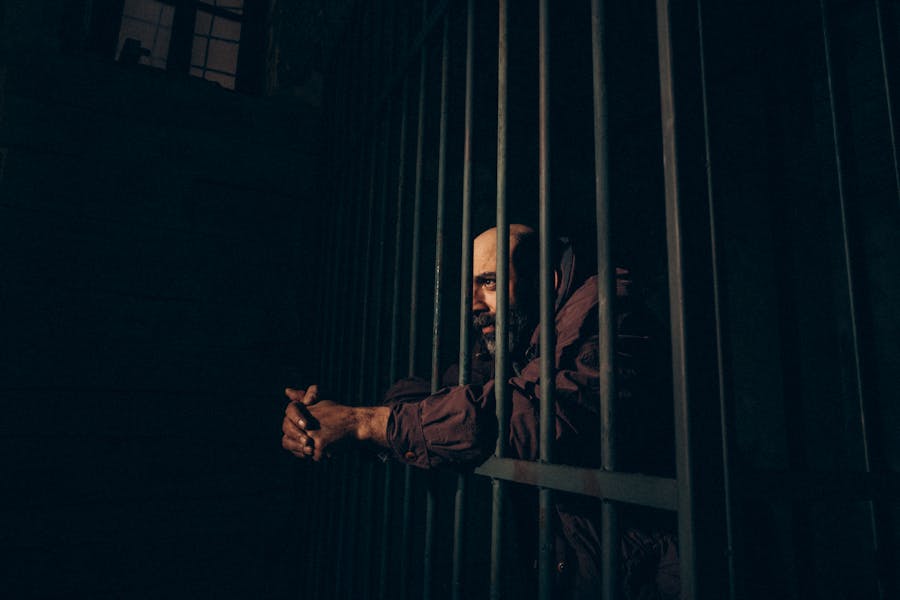Under the Second Amendment of the Constitution, you have a legal right to bear arms. Approximately 112 million Americans exercise this right, many of whom are divorced and have custody of their children. Thus, owning a gun by itself shouldn’t affect your custody hearing.
However, during divorce, family court judges are more concerned with what is in the child’s best interest than your constitutional rights, and there are some situations where owning a gun could affect your custody case.
Improper Storage
Guns are the leading cause of death amongst children and teens in the United States, killing thousands each year. Many of these deaths occur because children were able to access their parents’ guns. If your guns are not securely stored, your ex-partner could argue that you are jeopardising your child’s safety—potentially impacting your custody case.
In states with Child Access Prevention (CAP) laws, failing to secure firearms properly could even result in criminal charges. Such violations can weigh heavily in a judge’s decision when determining custody arrangements.
Further, if your ex-partner becomes aware that your child can access your firearms, they may petition to modify an existing custody order. Custody modifications usually take months, but if there is an immediate safety concern, the court may issue an emergency order to temporarily change custody until the formal hearing.
Mental Health
Mental health is a major consideration in any child custody case. When firearms are involved, this consideration becomes even more significant because family court judges are required to consider any factor that could impact a child’s environment and safety.
Unless very severe, having a mental health diagnosis typically isn’t enough to affect custody decisions. However, if the parent has a mental health diagnosis and owns a firearm, the other parent could argue that this combination poses a risk to the child.
Even the child’s mental health history could impact the custody decision if a gun is at home. Statistics show that access to firearms in households with at-risk children can increase the likelihood of accidental or intentional harm. So, if the child has exhibited signs of depression, anxiety, or behavioral issues, the presence of firearms may be viewed as a significant safety concern.
Allegations of Domestic Violence
Federal law prohibits individuals with a domestic violence conviction or those subject to a restraining order from possessing firearms. Even if the parent does not fall into these categories, emotions can run high during divorce and custody hearings, which is why false allegations of abuse are unfortunately common.
Judges’ primary goal is to protect the child, so they always err on the side of caution–and they may be even more cautious if the accused parent has a firearm at home. The court may issue a temporary order requiring the parent to surrender their firearms until the matter is resolved.
Proactive Measures: What You Can Do
If you’re a gun-owning parent in a custody case, taking proactive steps can ensure that your status as a gun owner isn’t used against you.
Secure Firearms Properly
Keep all firearms in a locked safe with trigger locks, and keep ammunition stored separately.
Document Safety Measures
Take photos or videos of your storage setup. Regularly check that all items are safely secured, and document the dates you performed these checks.
Demonstrate Mental Health Stability
Stay consistent with treatment if needed and obtain documentation from professionals.
Take a Firearm Safety Course
This shows your commitment to responsible gun ownership. Keep documents that show you completed the course.
Each Case Is Unique
If the court determines that a parent’s gun ownership poses a risk—whether due to improper storage, child access, or threats of violence—it may affect that parent’s custody hearing or visitation rights.
It isn’t enough to rely on the Second Amendment when it comes to custody. You’ll need to demonstrate responsible gun ownership to prove that your child is not put in danger. Each situation is different, so you must consult with a custody lawyer about the ways gun ownership could affect your case.


